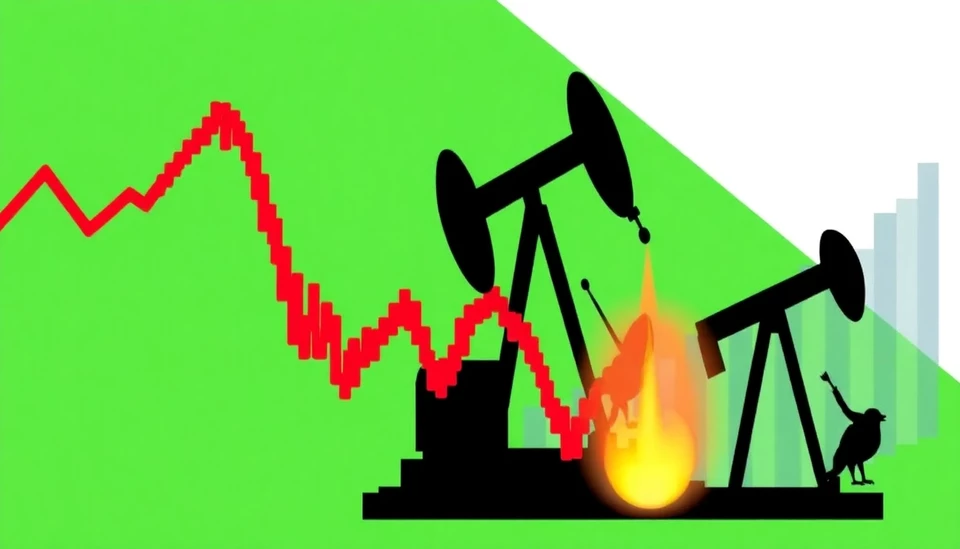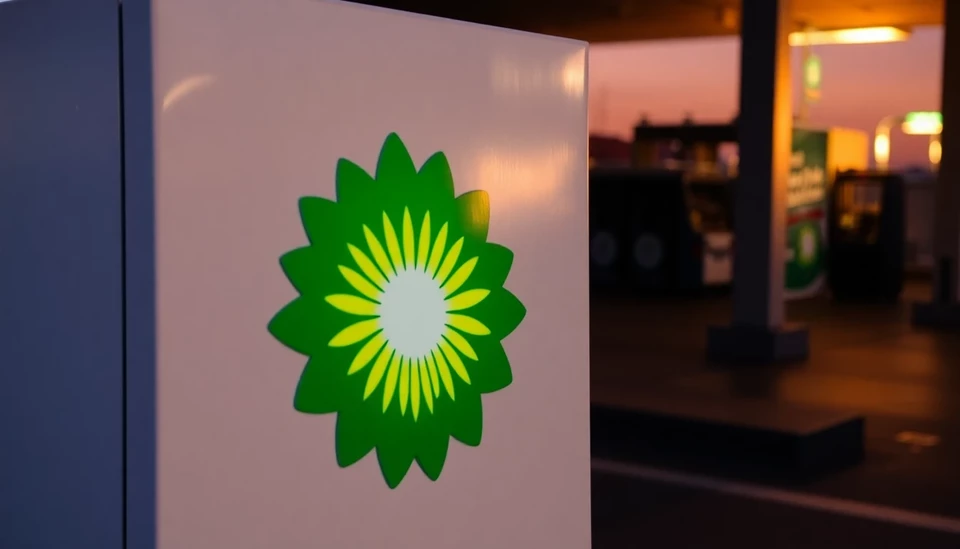
In an unexpected turn of events, crude oil prices have experienced a significant uptick, reflecting the ongoing volatility within global markets. Analysts are closely monitoring the situation, as uncertainties around supply chains and geopolitical tensions continue to shape the landscape of oil production and consumption.
As of December 9, benchmark Brent crude rose to approximately $83 per barrel, marking an increase of nearly 2% in just a few hours. This surge has been attributed to a combination of factors, including a resurgence in demand post-pandemic and the ongoing impacts of OPEC’s production decisions.
Furthermore, the market is reacting to geopolitical worries, particularly surrounding tensions in the Middle East. The potential disruptions in supply due to these tensions have instigated a cautious approach among traders. Experts suggest that while the immediate rise in oil prices might seem beneficial for producers, the long-term effects could bring about instability if problems escalate.
A recent report from the International Energy Agency (IEA) has projected that global oil demand will increase steadily, supported by hopes of economic recovery in key markets. However, the IEA also warned of potential headwinds, including rising interest rates and inflation, which could dampen consumption as countries deal with economic challenges.
On the supply side, OPEC+ has reaffirmed its commitment to managing production levels. The group has signaled that it will remain vigilant in monitoring the market and may adjust output as necessary to maintain price stability. This has sparked mixed reactions from industry participants, some of whom argue that production cuts may be counterproductive in the face of rising demand.
Meanwhile, the energy transition is also playing a role in the current dynamics of the oil market. With increasing investments in renewable energy sources, traditional oil markets are navigating new challenges, particularly as major economies push for greener policies. Analysts contend that this shift could either bolster demand for oil in the short term or notably diminish it in the future, depending on technological advances and political will.
As the situation unfolds, investors are urged to stay informed and consider the various variables that are in play, as the oil market remains a critical barometer of global economic health. With fluctuating prices and ongoing geopolitical tensions, the coming weeks will be crucial in determining the trajectory of oil prices and market stability.
In conclusion, while current trends indicate a potential rise in crude oil value due to increased demand and supply uncertainty, many factors could influence the market in the future. The outlook remains cautious as stakeholders navigate through these turbulent conditions.
#OilMarket #CrudeOil #GeopoliticalTensions #OPEC #IEA #EnergyTransition #MarketVolatility
Author: John Harris




